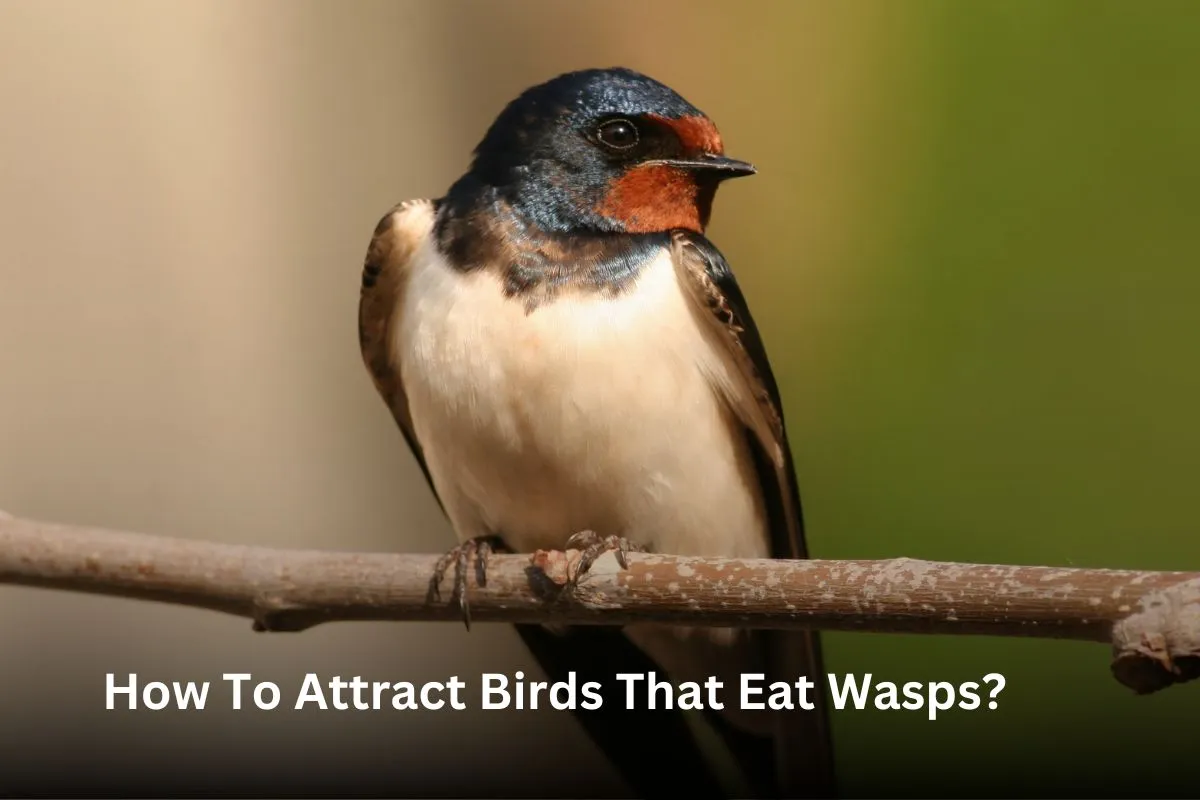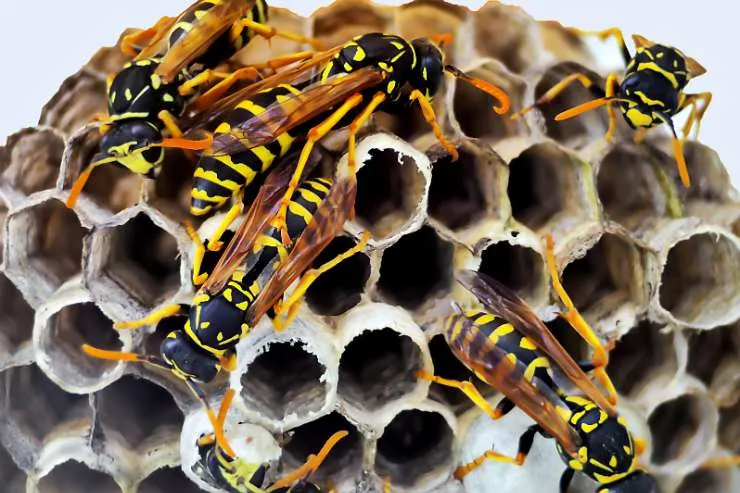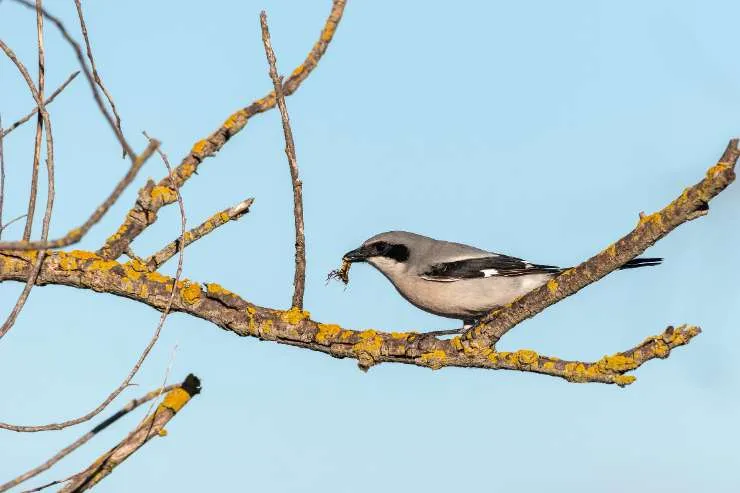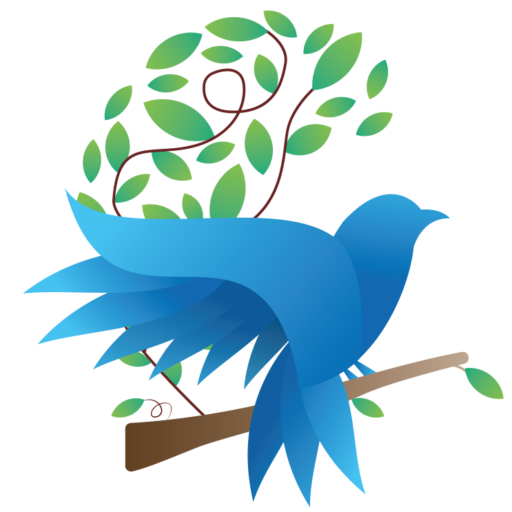How To Attract Birds That Eat Wasps?

Are you tired of wasps buzzing around your backyard, making outdoor gatherings a constant battle? Don’t worry, because help is at hand!
Attracting birds that eat wasps can be a natural and effective way to manage these unwanted pests in your outdoor space.
By creating a bird-friendly environment in your garden or yard, you can encourage these feathered allies to frequent your area and help keep the wasp population in check.

Providing suitable food sources, such as nectar-rich flowers and fruit-bearing plants, along with water and shelter, can entice these beneficial birds to make your yard their home.
With a little effort and some simple approach, you can turn your outdoor space into a haven for both birds and humans, free from the annoyance of pesky wasps.
Let’s explore some ways to make your outdoor area a welcoming shelter for these feathered companions.
7 Ways to Attract Birds That Eat Wasps
Here are seven great ways to attract birds that eat wasps into your yard:
Provide Shelter:
To attract birds that eat wasps, give sufficient shelter for them to rest and nest. Installing birdhouses or nesting boxes for species such as bluebirds, swallows, and wrens can be highly beneficial.
These structures provide safe places for insectivorous birds to build nests and raise their young.
Make sure these birdhouses are located in secure and peaceful areas, away from disruptions and predators.
By providing appropriate shelter, you create appealing conditions that attract these birds to visit your yard, which helps in natural pest control efforts.
Provide Water Sources:
A steady supply of water is required to attract birds that prey on wasps. Birds need water not just to drink, but also to bathe, which helps them keep their feathered appearance and cleanliness.
Install a fountain or birdbath in your yard, which might provide refreshing relief for visiting birds.
Moreover, to prevent bacteria and algae growth, keep the water clean and change it regularly.
By providing a freshwater source, you create an appealing habitat that encourages birds to visit your yard, helping in natural pest control efforts and promoting the health of local bird populations.
Cultivate Native Plants:
To encourage birds that hunt on wasps, plant your yard with local plants.
Native plants not only provide vital habitat for local species, but they also attract a wide variety of insects, which are the principal food source for insect-eating birds.
Planting native flowers, shrubs, and trees creates a biodiversity-rich habitat, attracting a range of beneficial insects and, in turn, insectivorous birds to your yard.
Choose plants that produce berries or seeds that these birds enjoy, since this will provide additional food sources and increase their presence.
By carefully gardening with native flora, you create a thriving ecosystem that supports both the requirements of local birds and your attempts at natural pest control.
Avoid Pesticide:
When trying to attract birds that eat wasps, avoid using chemical insecticides.
These toxins not only endanger birds but also upset the delicate balance of the ecosystem by damaging the insects that serve as their principal food supply.
Instead, focus on natural pest control strategies to manage insect populations while protecting wildlife health successfully.
Accept approaches like blended pest management, which uses eco-friendly tactics, including beneficial insect releases, habitat manipulation, and cultural controls to reduce pest damage.
By not using pesticides in your yard, you create a more welcoming environment for both birds and beneficial insects, resulting in a harmonic atmosphere that promotes natural pest control.
Provide Food:
While insect-eating birds typically feed on insects, adding additional food sources may tempt them to visit your yard.
You may attract and encourage these helpful birds in your yard by providing a range of delicacies such as mealworms, suet, and fruit.
Mealworms are especially appealing to insectivorous species and can be conveniently supplied in specialized feeders.
Suet, a high-energy snack, is especially popular among woodpeckers, nuthatches, and chickadees.
Furthermore, fruits like berries or sliced apples can provide nutritional snacks for a variety of bird species.
By varying the food offerings in your yard, you create an encouraging home that meets the dietary needs of insect-eating birds, so contributing to natural pest control efforts.
Maintain a Clean Yard:
Keeping your yard tidy is vital if you want to attract birds that eat wasps. Regularly cleaning waste and litter minimizes potential nesting places for wasps, reducing their presence in your yard and lowering the chance of confrontations with birds.
By keeping the surroundings clean, you provide a safer and more inviting environment for birds to explore and hunt for food.
This encourages their presence and improves the overall aesthetics of your yard as a habitat.
Furthermore, a clean yard decreases the possibility of distractions or hazards that may discourage birds from visiting the area, creating a peaceful interaction between birds and their habitat.
Benefits of Wasps Eating Birds
Attracting birds that eat wasps can give various benefits to your garden and the surrounding area.
Natural Pest Control:
Bluebirds, swallows, wrens, and certain woodpecker species are natural wasp and bug predators.
By bringing these birds to your garden, you may effectively decrease wasp populations without using chemical pesticides, resulting in a healthier and more eco-friendly environment.
Reduction of Wasp Nesting:
Birds that feed on wasps can help minimize the amount of active wasp nests in your garden.
This not only reduces the chance of uncomfortable stings for humans and pets but also eliminates damage to plants and structures caused by aggressive wasps defending their nests
Entertainment and Education:
Observing birds in your garden can be both enjoyable and informative for individuals of all ages.
It offers a personal look at the exciting habits and interactions of these winged species, developing a greater appreciation for environment and wildlife conservation.
Seed Dispersal:
Birds play an essential part in seed dispersal by eating fruits and berries and then disseminating the seeds with their droppings.
Attracting birds to your garden promotes seed dispersal, which can result in the regeneration of native plant species and the formation of new vegetation.
Aesthetic Value:
Birds bring beauty and life to your garden with their colourful appearance, melodic songs, and energetic activities.
Attracting a varied range of bird species improves the aesthetics of your outdoor space, making it a welcome environment.

Types of Birds That Eat Wasps
Several bird species are known to consume wasps as part of their diet. Here are some common birds that eat wasps:
- Bluebirds: Eastern and Western Bluebirds are known to eat wasps, especially during the summer months when wasp populations are high.
- Swallows: Barn Swallows, Tree Swallows, and Cliff Swallows are adept at catching flying insects, including wasps, on the wing.
- Wrens: House Wrens and Carolina Wrens are small but grabby insect-eaters, including wasps.
- Woodpeckers: Downy Woodpeckers and Hairy Woodpeckers have been observed feeding on wasps and their larvae, mainly when found in trees or wooden structures.
- Sparrows: Some species of sparrows, such as Chipping Sparrows and Song Sparrows, have been observed eating small insects, including wasps, particularly during the breeding season when they require more protein to feed their young.
Conclusion
Attracting birds that eat wasps provides a natural and practical way to control these pesky insects in your outdoor space.
You may attract these helpful birds to your yard by creating a bird-friendly environment with plenty of shelter, water, and native plants.
Avoiding chemicals and keeping the surroundings clean helps them thrive. In exchange, these birds provide natural pest control, lowering wasp populations and the likelihood of nesting in your garden.
With a bit of work, you can make your yard a refuge for birds and humans alike, free of wasps.
Frequently Asked Question
How long will it take to attract birds that eat wasps to my yard?
The time required to attract these birds varies depending on the accessibility of shelter, food and water and the local bird population. Generally, with the right habitat improvements, you will notice results within a few weeks to months.
What are some signs that birds are successfully controlling the wasp population in my yard?
Signs may include fewer visible wasps, decreased sightings of wasp nests, and increased bird activity in your yard, particularly around areas where wasps were previously expected.
Will attracting birds that eat wasps destroy all wasps in my yard?
While attracting these birds can help decrease wasp numbers, it is unlikely to remove them entirely. However, it can significantly reduce their population and nesting activities.






